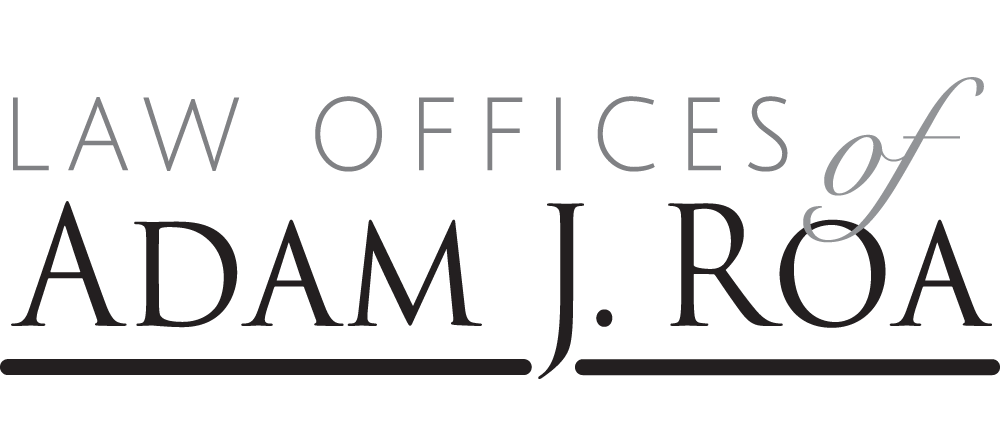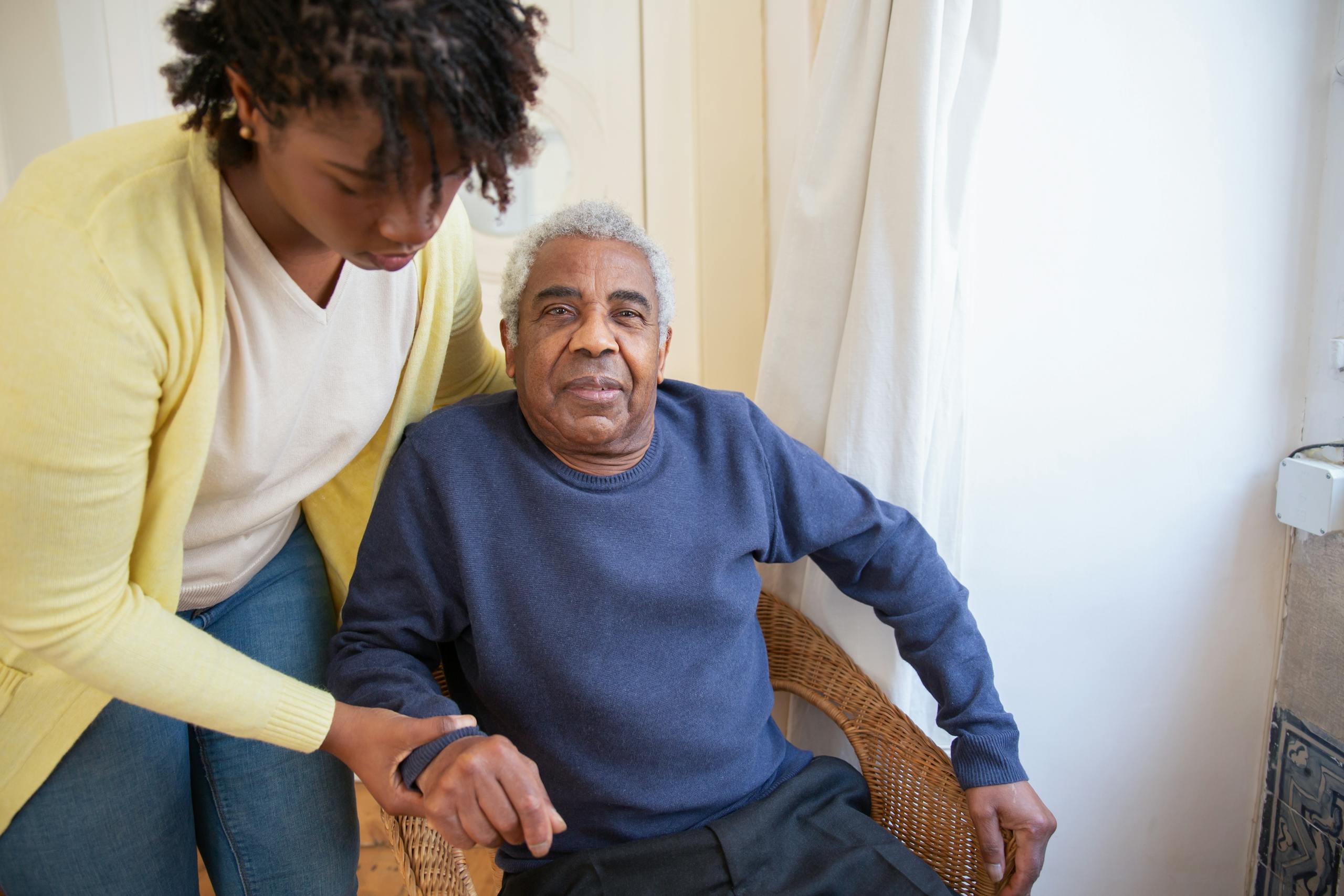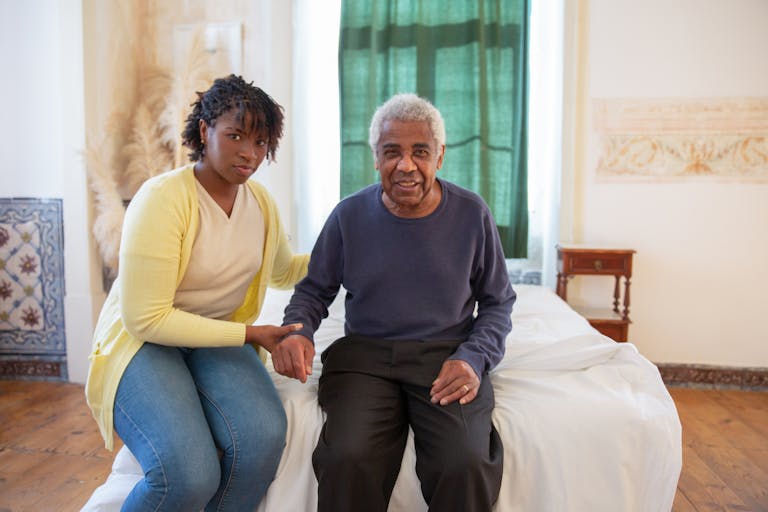Guardianship Issues – Guardianship Physician Certificates – Part 1
The entire guardianship process is complex. The very first step, however, can often be the most challenging. When a petition for guardianship is filed, you must file proof of the person’s disability. This “proof” is a certificate completed by the person’s physician, psychiatrist, psychologist, nurse practitioner, or licensed social worker (or a combination thereof). But what happens when the person with a disability does not want to be examined for guardianship purposes? Then it gets complicated.
Addressing a Complication
There may be several reasons why the disabled does not want to be examined. One reason: there is a person in the household who does not want the disabled to be examined. That could be the spouse of the disabled. Or, this could be another family member or caretaker who, for various reasons, does not want the disabled examined. Reasons could range from not acknowledging that the person is disabled. Or it could mean that there is elder exploitation that the other member of the house wants to keep secret the extent of the person’s disability. This examination could expose a disability that may threaten their ability to get money from the disabled.
A person with a disability may not want to be examined for several reasons. One reason could be resistance from a member of their household. This could be a spouse or caretaker who, for various reasons, does not want the person with a disability to be examined. They may be unwilling to acknowledge the person’s disability, or there may be elder exploitation going on, where an examination would expose a true disability, threatening their ability to get money from the person with a disability.
Person in the Household Refuses to Allow the Disabled to be Examined
A person in the household may refuse to allow the person with a disability to be examined. However, if there is reason to believe the person with a disability may be at risk unless a guardian is appointed, then the guardianship petitioner may ask the court for a hearing to force the person with a disability to be examined.
This means that, instead of the normal one-hearing requirement, there will be at least two hearings. At the first hearing, you will need to prove that someone has refused examination. And you must prove the person with a disability may be at risk unless a guardian is appointed.
If the court grants your request, they will have the person with a disability examined by two physicians, and they will complete two guardianship physician certificates. If both physicians agree that the person indeed has a disability, then the case proceeds to the second hearing, regarding who is to be appointed as a guardian.
But what happens if there is no one else in the household, and the only person refusing examination is the person with a disability herself? Stay tuned for the next blog entry.




